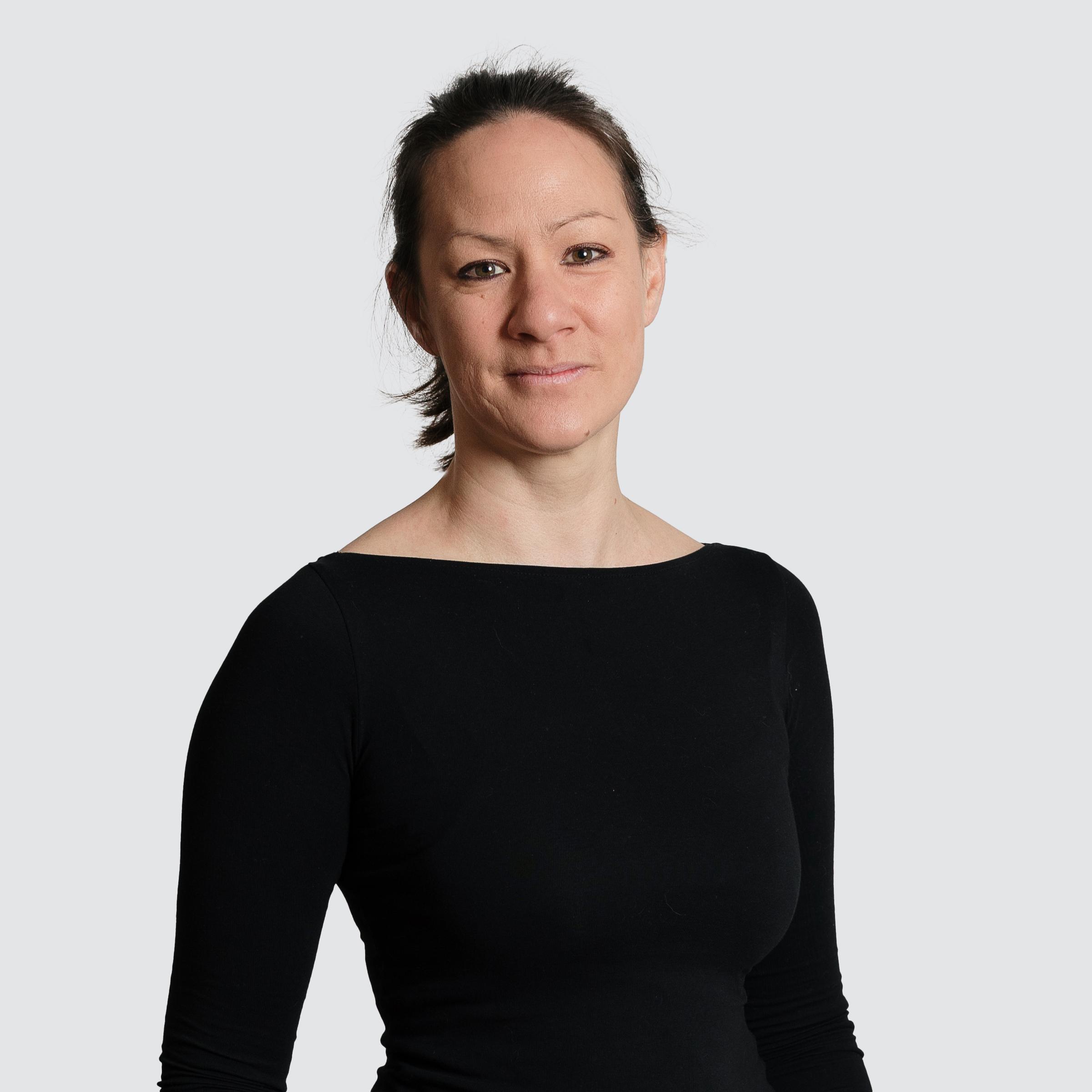Developing a knowledge bank of lived experience priorities to help solve poverty
We are making a knowledge bank of the key things people living in poverty want action on, so government and the wider poverty sector can use it to inform their work.

Sarah has over a decade of national and international experience in participatory anti-poverty policy development and influencing at the European Union, United Nations institutions, and at UK and Scottish Government level. Her area of expertise lies in developing systems and mechanisms that enable people with lived experience of poverty to be involved in, and contribute to, the development of anti-poverty policy. Sarah has an in-depth knowledge of the lived experience of poverty and an understanding of the impact of social policy on people’s lives. She has a breadth of knowledge across different policy areas including income, benefits, social fund, child poverty and health inequalities, in addition to experience and knowledge of European Union social inclusion strategies.
Email: sarah.campbell@jrf.org.uk
We are making a knowledge bank of the key things people living in poverty want action on, so government and the wider poverty sector can use it to inform their work.
The lived experience of people in low-income communities has to be taken seriously and inform decisions that affect them. So we must get involvement right.
This report documents learning from JRF’s work alongside organisations led by people in poverty over the past five years, on what funders can do to build power and support transformative change at a grassroots level.
Diversity and disruption lead to democracy, that’s what we learned when we tried changing the usual dynamic in a team creating solutions for in-work poverty.
In this reflective blog, Sarah Campbell and Hugh Douglas look back on the power dynamics and creative freedom of our recent participation work.
We outline the process of our participatory co-design project: lessons learned, key reflections, and how bringing together different forms of expertise has given us a richer understanding of the problems of in-work poverty, and a set of solutions we designed together.